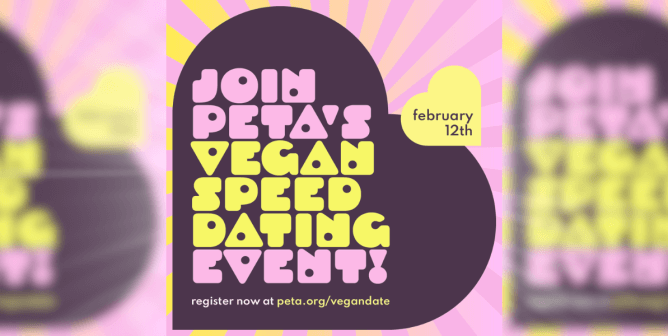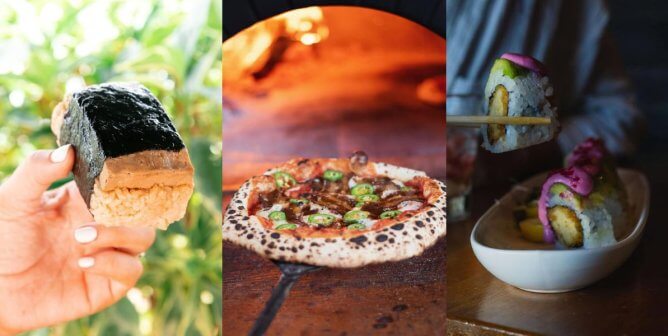What if all-you-can-eat shrimp buffets could help save lives and the planet? Eating shrimp is unsustainable for our oceans and hazardous to our health, but what about shrimp created entirely from plants?
New Wave Foods uses a combination of algae and other plant ingredients to create shrimp that looks, smells, and tastes like its animal counterpart—but without the environmental degradation.
The company was founded in 2015 by marine biologist Dominique Barnes and biomedical engineer Michelle Wolf. Their shared mission is to create healthy, eco-friendly food while “providing ingredients for outstanding culinary experiences.”
Barnes told Seeker Stories that New Wave’s shrimp contains similar high-protein, low-fat nutritional characteristics as real shrimp. However, its product contains zero cholesterol, and it’s even possible that folks with a shellfish allergy could consume it without looking like a botched plastic surgery patient.
It’s well documented that conventional shrimp production wreaks havoc on the planet. Nearly 40 percent of mangroves have been destroyed to create shrimp farms. Shrimp that comes from cleared mangroves is estimated to have a carbon footprint 10 times higher than beef that comes from cows raised on cleared Amazon rainforest land.
Many commercial shrimp fisheries also harm other marine life. Oceana reported that just in the Gulf of Mexico, tens of thousands of sea turtles, sharks, and other reef fish become trapped in football field–sized nets as “bycatch.”
Consuming flesh in general is killing the Earth. But forward-thinking scientists are increasingly using biotechnology to replace slaughterhouses and fish farms with food laboratories that “grow” plant-based substitutes.
The Shrimp Industry and Rampant Suffering
Do shrimp feel pain? Recent scientific studies have shown that other crustaceans, such as lobsters and crabs, have central nervous systems capable of generating pain sensations. Regardless, wouldn’t you rather err on the side of compassion?
By cutting out shrimp from your diet, you’re also extending compassion to fellow humans. An Associated Press investigation found that adults and children in Thailand were held captive—sometimes for years—and forced to work 16-hour days in shrimp-processing factories with no time off and little or no pay. Shrimp from operations such as this can be traced to many major U.S. stores and restaurants. According to the report, nearly 90 percent of shrimp consumed in the U.S. is imported, and much of it comes from Thailand and other countries known for similar human-rights abuses.
The Future of Food Is Vegan
In the kitchen, brilliant minds are turning science fiction into reality. But as we wait for these futuristic plant-based delicacies to take over the market, we can all help save the world by going vegan today.
Text VEG to 73822 to get the latest vegan lifestyle tips, recipes, and urgent action alerts texted right to your phone.
Terms for automated texts/calls from PETA: https://peta.vg/txt. Text STOP to end, HELP for more info. Msg/data rates may apply. U.S. only.







